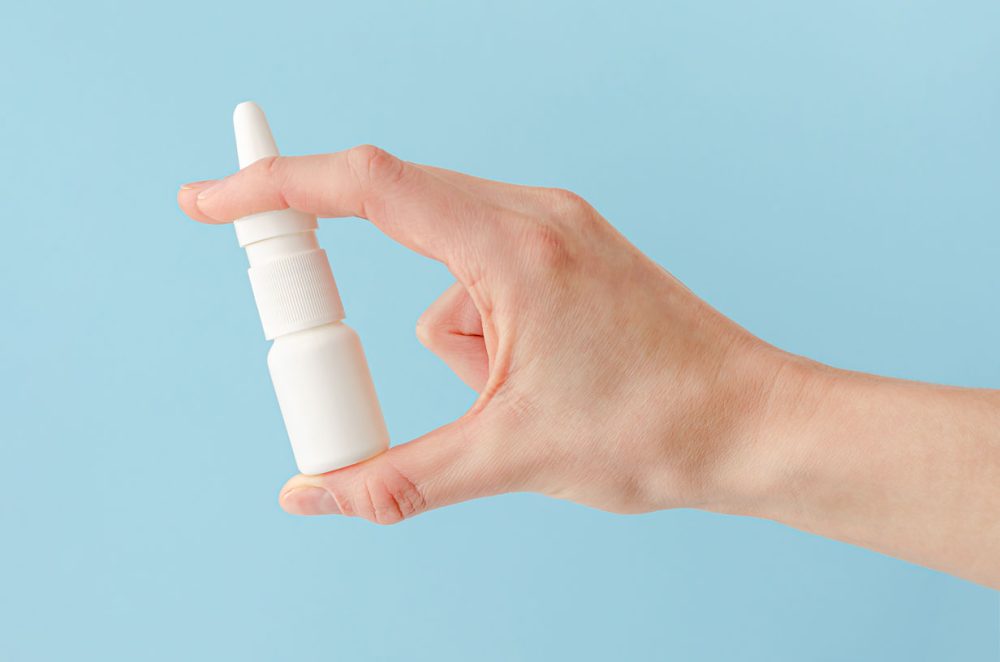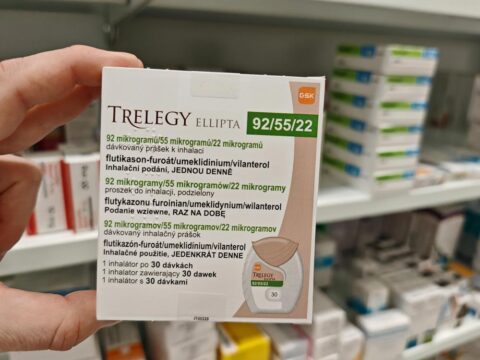Advertisment
Analyses of Valtoco (diazepam nasal spray) to be presented at Child Neurology Society meeting – Neurelis

Neurelis, Inc., announced additional findings from the post hoc analysis of the long-term phase III safety study of Valtoco (diazepam nasal spray) in a pediatric population, aged 6-17 years, as well as an analysis of real-world data on impact of administration of rescue medication on seizure timing.
A total of four posters will be presented at the 52nd Child Neurology Society Annual Meeting in Vancouver, BC, Canada, October 4 – 7, 2023. The Child Neurology Society’s mission is to raise awareness about the importance of child neurologists and the health needs of children with chronic neurological conditions.
“Our data continues to add to the growing body of evidence demonstrating the safety and efficacy of diazepam nasal spray in pediatric patient populations, similar to what has been reported in adults,” said Adrian L. Rabinowicz, M.D., Neurelis Chief Medical Officer. “This data brings us one step closer to addressing seizures acutely to improve the quality of life for people with epilepsy.”
Following are the presentation details, which will be held on Thursday, October 5th from 12:30 PM – 2:00 PM & 5:30 PM – 7:00 PM: i.”Effectiveness of Diazepam Nasal Spray Does Not Vary Across Times of Day in Pediatric Patients with Seizure Clusters” (POSTER #59)- In pediatric patients (aged 6-17 years), analysis of time of treatment as a proxy for circadian and behavioral variables (e.g., fed/fasted state) found no clear association between time of day and administration of second doses of diazepam nasal spray to treat seizure clusters. These findings indicate consistent treatment effectiveness throughout the day and night and suggest that absorption of diazepam nasal spray is not affected by the fed/fasted state. ii.”Safety and Effectiveness of Diazepam Nasal Spray with Concomitant Cannabidiol: Post Hoc Analysis of Pediatric Patients from a Phase III Safety Study” (POSTER #76)- Daily treatment regimens for seizures may include use of an FDA-approved, highly purified oral-solution cannabidiol (CBD). Analysis of the pediatric cohort (aged 6-17 years) from the Phase III study of diazepam nasal spray who also received a form of CBD, showed overall safety and effectiveness profiles of diazepam nasal spray similar to patients not receiving CBD. These results support concomitant use of CBD in pediatric patients. iii. “Rapid Initiation of Rescue Treatment with Diazepam Nasal Spray Leads to Faster Seizure Termination in Pediatric Patients with Seizure Clusters “(POSTER #80)- Data from the Phase III study of diazepam nasal spray demonstrates among pediatric patients (aged 6-17 years) experiencing seizure clusters, shorter time to start of treatment was associated with shorter time to seizure cessation and overall shorter seizure duration, suggesting that prompt treatment may provide benefit. Further research is needed to clarify the relationship between treatment timing and seizure termination time. iv. “Real-World Retrospective Outcomes with Inter-Seizure Cluster Interval and the Number of Seizures per Cluster Following Rescue Medication Administration “(POSTER #82)- Evaluation of treated and untreated seizure clusters from a large, online database of patient/caregiver-reported seizures shows that when a rescue medication is given, the time between seizure clusters tends to be longer and treatment is associated with fewer seizures per cluster.
Valtoco, a nasal spray for acute treatment of episodes of frequent seizure activity in adult and pediatric patients 6 years of age and older, was approved by the FDA on 10 January 2020.





